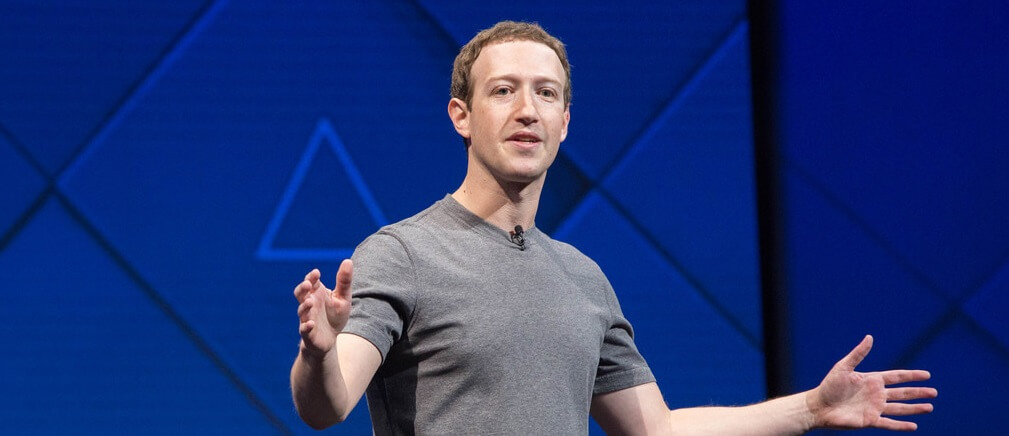Mark Zuckerberg recently announced positive changes to the algorithm driving the content that we see on our Facebook newsfeed. A number of factors from the potential influence of Facebook on political life, the rise of fake news spreading through the newsfeed and the potential tension created by the juxtaposition of friends and family content next to advertising posts have created this background justifying a review of Facebook’s algorithm.
Whilst there is no denying that this algorithm has had a phenomenal impact on people, society and the media landscape, it is also now time to question whether social connectivity can really be driven by an algorithm, even in its modified state.
Since the start of Facebook, the platform has been aimed at building the optimal trifecta of content from friends, publishers and advertisers. Finding the right balance is definitely Facebook’s challenge as people have different needs which probably evolve on an on-going basis.
If Facebook is going to be successful with these changes, they will need to take bold decisions across this trifecta. Right now, the priority is being set on friends’ content with a potential reduction in visibility from less engaging publishers or page owners. The paid advertising offering is apparently going to be unaffected by this change which seems contradictory with their desire to focus on social connections.
An initial analysis of engagement levels of top publishers on Facebook does not currently seem to indicate these changes have started to significantly change the Facebook experience. Leveraging our proprietary social monitoring and analytics tool, we can see that publishers like Mashable and Buzzfeed have experienced a slight decline in engagement levels in the 10 days post the announcement, whereas publishers such CNN or The Guardian are seeing a rise in engagement. On the brand front, there is potentially more evidence of a decline in engagement which would indicate a reduction in brand visibility. Brands with large fan bases such as Oreo, Red Bull, McDonald’s or Converse are seeing a slow decline in engagement. This decline is not observed everywhere with PlayStation for example managing to grow engagement levels, potentially on the back of a posting strategy with a high daily frequency meeting the needs of a loyal fan base. See more details on the analytics.
The Facebook journey for advertisers continues to evolve, almost at the mercy of the evolution of the algorithm. This recent one could deliver a more positive experience for people, hopefully resulting in more positive environment. We recommend brands monitor their engagement over the next few weeks to understand how they are affected by this.
SIGN UP FOR ZENITH INSIGHTS



